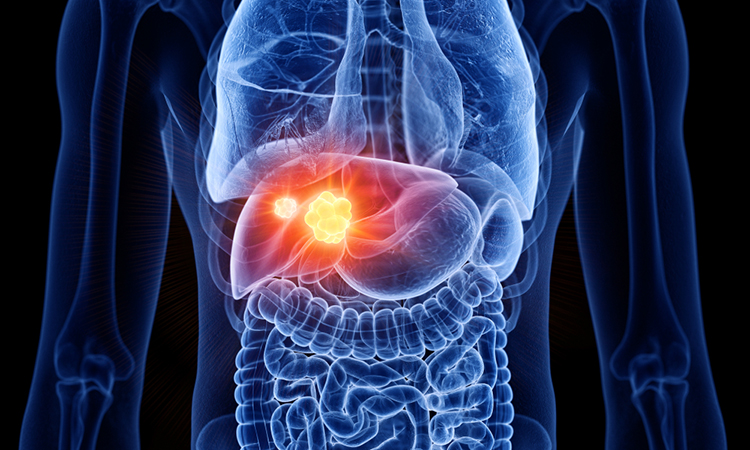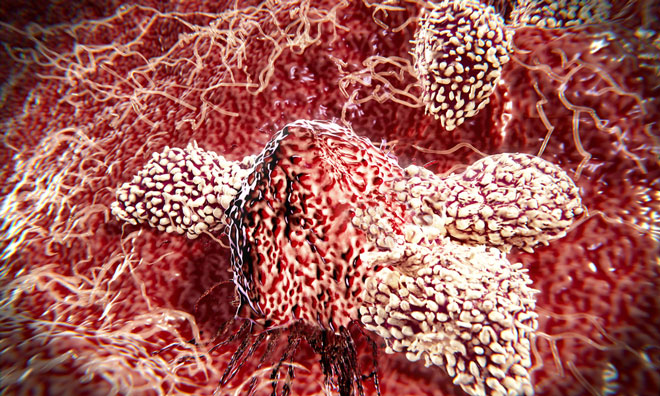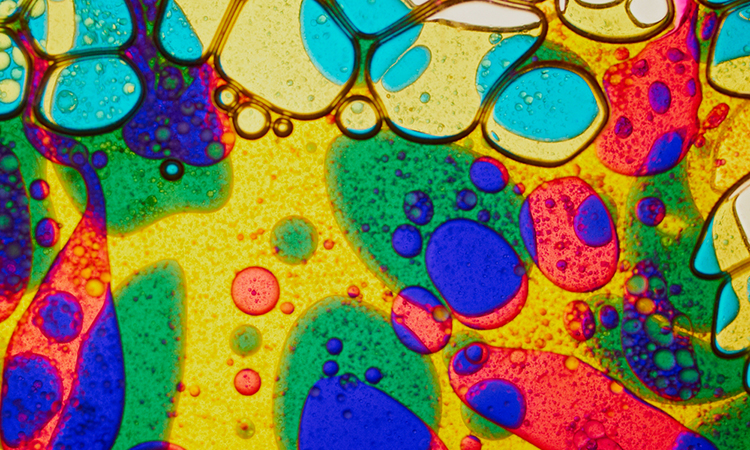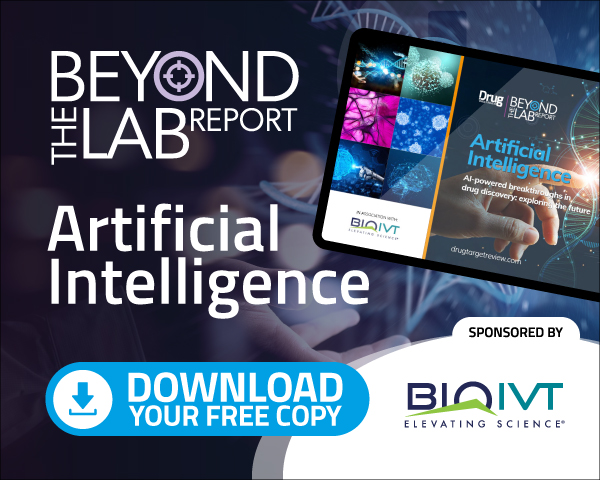Machine learning’s growing importance in researching cells
As we move towards more generalised AI models, neural networks and natural language interfaces, we’re starting to see machine learning take the place of higher order reasoning and data analysis “sense making.” Traditional scientific inquiry has typically been about asking specific questions of a specific model system under specific conditions.…













